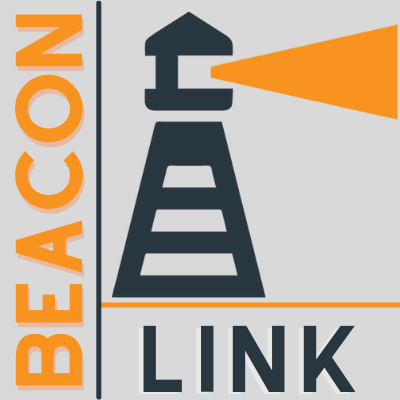Getting your Amateur Radio License –
What are the license levels?
How do I study for the test?
Where can I take the test?
What Are the License Levels?
Before you can get on the air, you need to be licensed and know the rules to operate legally. US licenses are good for 10 years before renewal and anyone may hold one except a representative of a foreign government. In the US there are three levels known as License Classes—Technician, General and Extra.
How Do I Study For the Test?
- Regulations – Before you go on the air, you will have a good understanding of WHAT you can and cannot do.
- Operating Practice – You will begin with a fairly good idea of HOW to communicate on the air.
- Radio Theory – You will have a good understanding of how radios work.
CON –
- For many, this requires MANY hours of study.
- The amount of study time with this method is far less.
- The 35 exam questions are in multiple-choice format. This system involves learning to recognize the correct answer in any of the possible questions selected for the exam that you take.
- The act of becoming familiar with the answers does result in knowing a lot about regulations, operating practices, and radio theory.
CON –
- Many argue that this is a way to circumvent the actual knowledge necessary to operate amateur radio.
Complete information in getting your amateur radio license for your ham radio, with license levels, studying information, and local testing sites.
Taking the Test and Training
NOTICE – New Amateur Radio License Applications Fee Now In Effect
Effective April 19, 2022, a $35 fee now applies to applications for a new Amateur Radio license, renewal, rule waiver, or vanity call sign.
Cliff Cave VE Team – Serving the St. Louis Metro Area since 2002
Here are links with current information –
Eastern Ozarks Amateur Radio Club
Testing Only by Advance Contact
EMAIL or Call 573-366-3611 – Steve Vogt
St. Charles Amateur Radio Club
Zero Beaters Amateur Radio Club
Last Wednesday of each month, 7pm – Walk-ins allowed
EMAIL or Call 314-580-4510 – Paul M. Chambers
What to bring to an exam session – LINK
BEACON LINKS

ARRL Ham Radio License Manual
Purchase spiral-bound copy

ARRL Website Technician Page
Helpful information and links for Technician Class exam prep

Ham Test Prep App TECH
Affordable, helpful phone app for Technician Class.

Ham Test Prep App GENERAL
Affordable, helpful phone app for General Class.

Ham Test Prep App EXTRA
Affordable, helpful phone app for Extra Class

Ham Radio Prep
Online study course. Available for all three classes
The Eastern Missouri Beacon Contact Form
The Eastern Missouri BEACON is a non-profit website that exists solely to serve as a resource for amateur radio enthusiasts. Owned, designed, and maintained by Ray-KE0YXX.